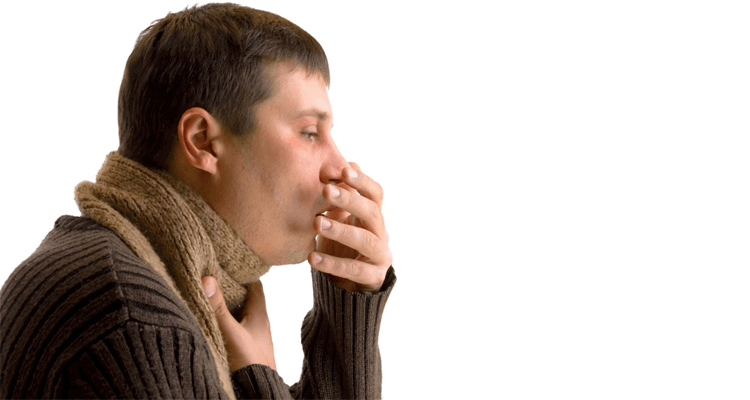
Tuberculosis (TB) is an infectious illness caused by the airborne bacteria Mycobacterium tuberculosis.
Only two forms of TB i.e. TB in the lungs or throat (Pulmonary TB) are infectious. However, TB can also affect any other part of the body, including brain, kidneys or bones. This is called non-pulmonary TB – which is not infectious.
Every year, 8.6 million people globally are diagnosed with TB, and 1.3 million die because of this disease. The main reason for the huge casualties is that they cannot get the drugs that would make them better. India has the largest number of TB incidences in the world.
When a TB-infected person sneezes or coughs, they send fine water droplets into the air which contains the infected TB bacteria. If you breathe in these bacteria over a long time you may become ill with TB. But most people’s immune system is strong enough to kill the T.B bacteria. Some become T.B carriers (Inactive) while some have full blown TB disease.
The most common symptoms of TB are:
- A cough for three weeks or longer
- Un-explained weight loss
- Gradual loss of appetite
- High temperature or fever
- Night sweat incidences
- Extreme fatigue or lack of energy.
TB treatment takes at least six months. Treatment is usually a mixture of four antibiotics.
Discontinuing medication in between will give rise to Drug Resistant TB in patients. Drug-resistant TB occurs when TB bacteria becomes resistant to the two most powerful antibiotics normally used to treat the illness. This means the TB becomes more difficult to treat and treatment will take much longer up to 18 months.

TB White Plague – Infographic by RxDx
Remember – TB can be fatal. Contact our specialists at RxDx, Whitefield – Bangalore, if you are worried that you have caught TB

